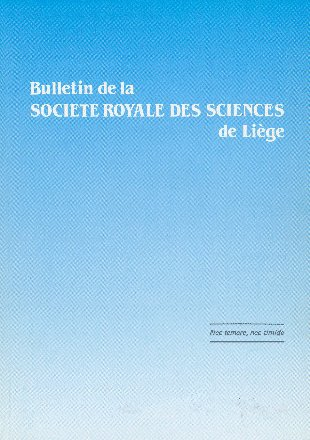- Home
- Volume 86 - Année 2017
- Special issue
- A Pathological Study on Legal Status of Supreme Councils in the Islamic Republic of Iran
View(s): 1053 (10 ULiège)
Download(s): 225 (1 ULiège)
A Pathological Study on Legal Status of Supreme Councils in the Islamic Republic of Iran

Attached document(s)
original pdf fileAbstract
The multiplicity of institutions prescribing behavioral rules is one of the law-based orders in Iran. Although the Iranian Constitution is legislated at Islamic Consultative Assembly (Majlis) and the validity of its decisions are bound to approval from the Council of Guardians, the same law has established those institutions assigning that authority. One instance of such institutions is the Supreme National Security Council whose decisions are applicable after approval from by the Supreme Leader. The Supreme Administrative Council and the Supreme Council of the Cultural Revolution are other instance of such institutions. Undoubtedly, this multiplicity threatens the establishment of order under law. Therefore, it is necessary to outline the status of approvals by each of those bodies in the hierarchy of legal sources in order to mitigate the scope of threat. This paper intended to describe the supreme councils from that very perspective, making an effort to assess the relationships between those institutions and the governing branches in the country and examining their status in the Iranian administrative system.






